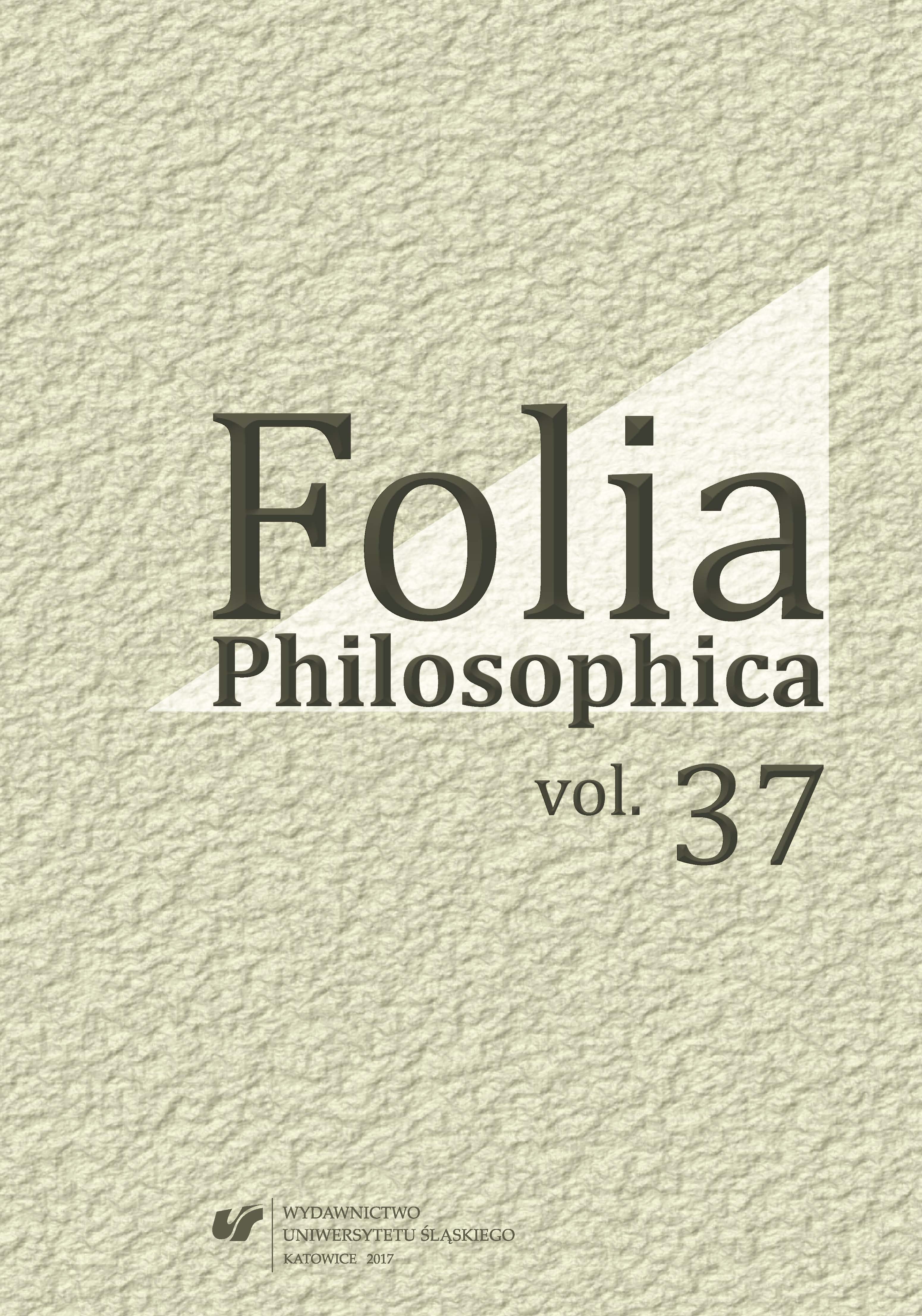Patočka and Rorty. The problem of freedom
Patočka and Rorty. The problem of freedom
Author(s): Katarína MayerováSubject(s): History of Philosophy, Philosophical Traditions, Social Philosophy, Special Branches of Philosophy
Published by: Wydawnictwo Uniwersytetu Śląskiego
Keywords: Patočka; Rorty; freedom; metaphysics; contingency; post-metaphysical culture
Summary/Abstract: Patočka’s and Rorty’s philosophy offers a foundation for the reconstruction of liberalism and a possibility of fulfilling individual freedom. Patočka intends to assess the value of transcendence and its relevance to life. He attempts to save metaphysics, for it does not need to become dogmatic. Contemporary readers may find Patočka’s reflections on freedom valuable. Patočka invites people to connect their spirituality with skepticism and modesty, and according to Socratic knowing of unknowing, with humility, which makes them non-dogmatically open to transcendence. In his reflections on the human being, Rorty refers to moral responsibility and appeals for self-awareness and taking responsibility for one‘s actions, because it is the human being who has the necessary abilities to shape their own authentic way of life. Rorty’s concept of freedom as a contingent phenomenon is based on theconcept of history of Western philosophy and is closely linked with the problem of metaphysics and truth. The reflections of both philosophers are timeless, but any timeless ideal of human freedom is determined by the context in which it is considered.
Journal: Folia Philosophica
- Issue Year: 2017
- Issue No: 37 ENG
- Page Range: 49-66
- Page Count: 18
- Language: English

